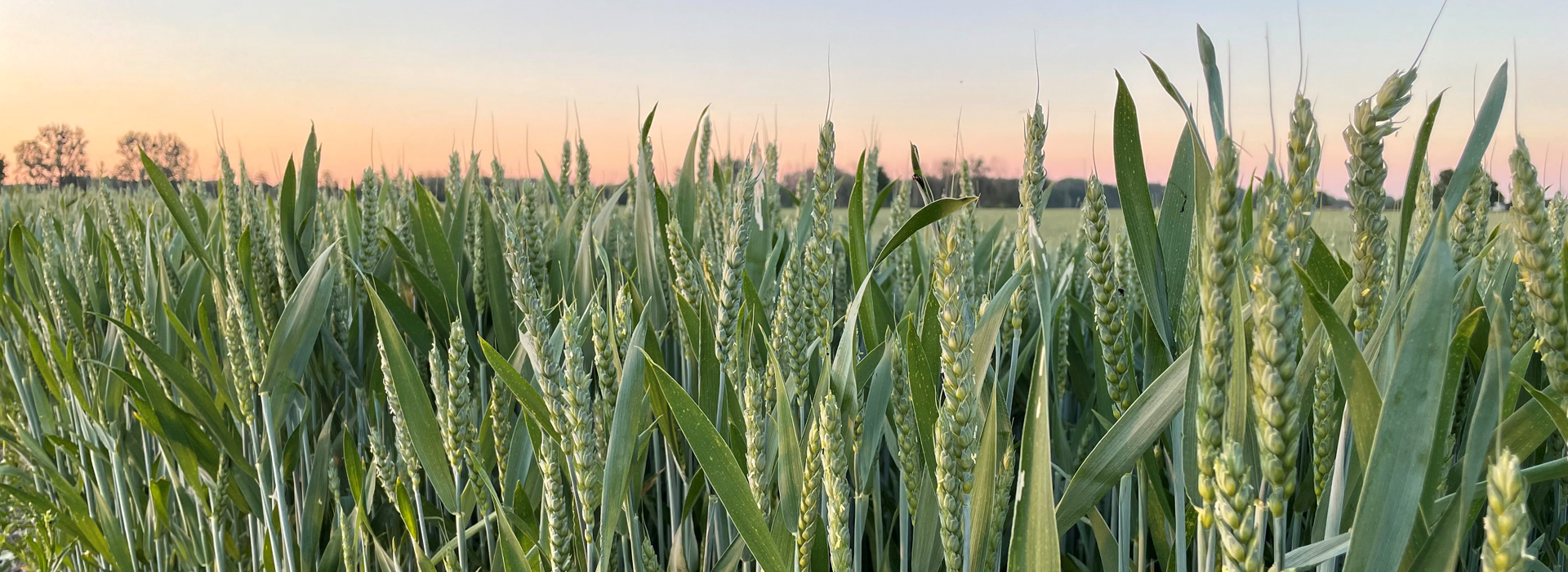News
The Professorship associated with leading this Department is currently vacant.
The research group led by Prof. Katharina Scherf is now found in Freising at the Leibniz-Institute for Food Systems Biology at the Technical University of Munich and the TUM Professorship of Food Biopolymer Systems.
